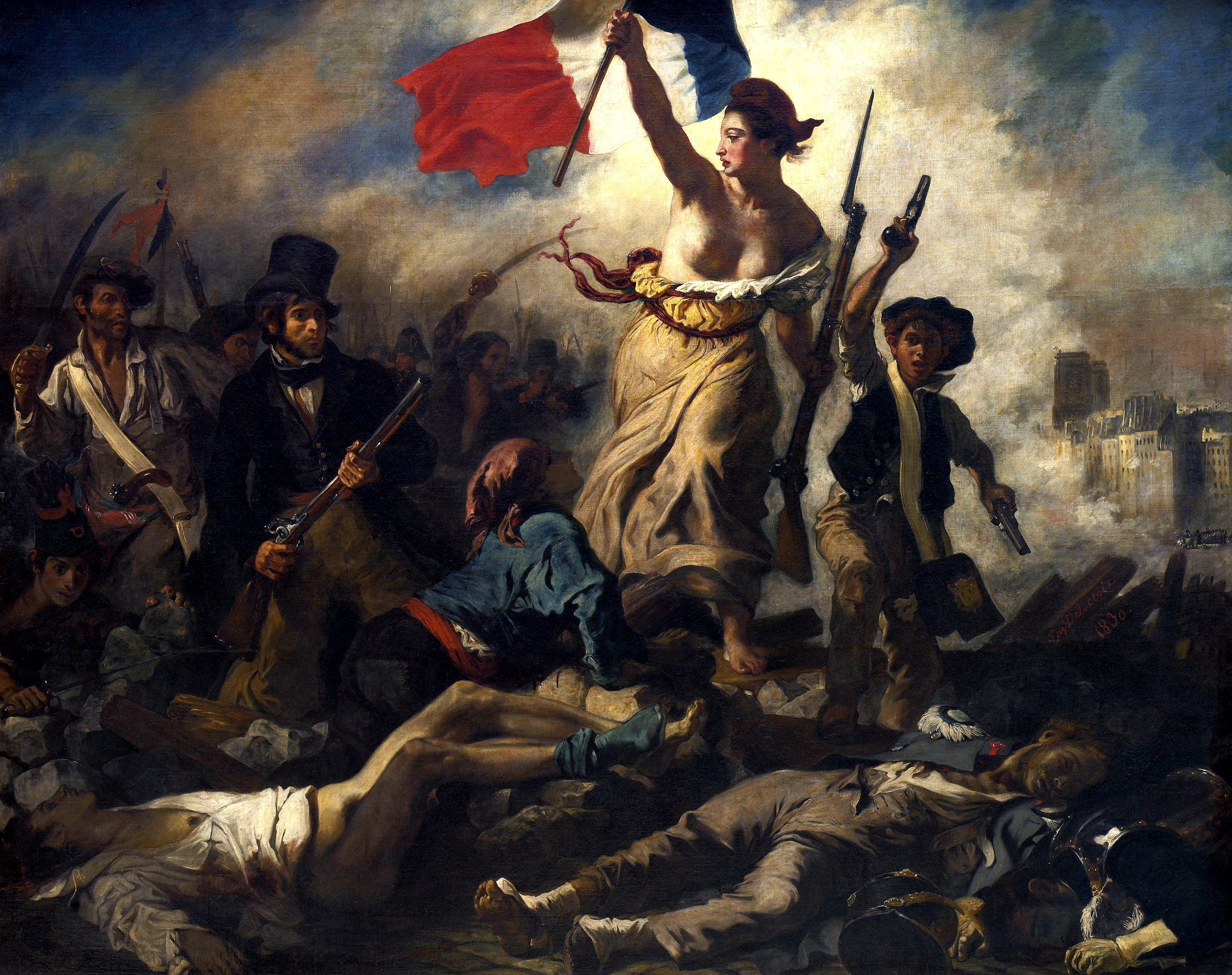This scene captures much of Sandra's (Marion Cotillard) situation at the opening of Luc and Jean-Pierre Dardenne's film Two Days, One Night. About to return from disability leave from her job at a small solar panel manufacturing plant in Belgium, Sandra learns that the manager of the factory, M. Dumont, has offered her sixteen co-workers a Faustian bargain of sorts: they can vote to allow Sandra to return to work as before, or they can vote to have her laid off and, as a consequence, each reap a €1,000 bonus.
A vote, taken on the Friday before Sandra is scheduled to return, goes 15-1 against her. But she learns from her one faithful supporter, Julliette, that it has been tainted by the meddling of the plant's foreman. Devastated by the bad news and still beaten down by the depression that has led to her absence from work, it is all Sandra can do to do to get out of bed and to go with Juliette to the plant and plead with Dumont for a makeover vote.
Backing his car out of the parking lot, eager to head home for the weekend, M. Dumont relents and agrees to a second vote on Monday. And thus begins Sandra's two days and one night, the time she has to convince her co-workers to vote to give up their bonus pay so that she can keep her job.
The movie then unfolds as series of tense encounters, as Sandra locates each of them to make her case to stay employed. These typically begin with a knock on the door in a working class neighborhood and a puzzled, but polite, welcome by the co-worker himself or a wife or a child. Each of her pleas becomes an affecting drama in its own right. And Cotillard uses these dramatic moments to display her impressive power as an actor.
But what is most remarkable about Two Days is its unelaborated upon backstory. Globalization and its impact on advanced, once worker-oriented economies of Western Europe is the elephant in the room. Sandra's company, faced with stiff competition from a Chinese solar competitor, is fighting for its financial life and is determined to do so on the backs of its employees.
 The unsettling premise of the film is that, when faced with obvious manipulation by management designed to extract concessions from employees and sow dissension in their ranks, workers roll over without complaint. No demands are made for sacrifices from M. Dumont, his higher-ups, or, God forbid, the shareholders of the company. Sandra and her co-workers accept these indignities matter of factly and then proceed to fight among themselves over scraps from the master's table.
The unsettling premise of the film is that, when faced with obvious manipulation by management designed to extract concessions from employees and sow dissension in their ranks, workers roll over without complaint. No demands are made for sacrifices from M. Dumont, his higher-ups, or, God forbid, the shareholders of the company. Sandra and her co-workers accept these indignities matter of factly and then proceed to fight among themselves over scraps from the master's table.In another age, Marion Cotillard, certainly more than beautiful enough, would have played a latter-day Marianne, leading the charge of the economically dispossessed to the barricades to turn back corporate greed, or a Belgian Norma Rae, rallying workers to unite in pursuit of their common economic cause. Instead Sandra's struggle, as compelling as it is as portrayed by Cotillard in Two Days, One Night, is directed solely at her inward demons and not at those roaming unchecked in the outside world.


